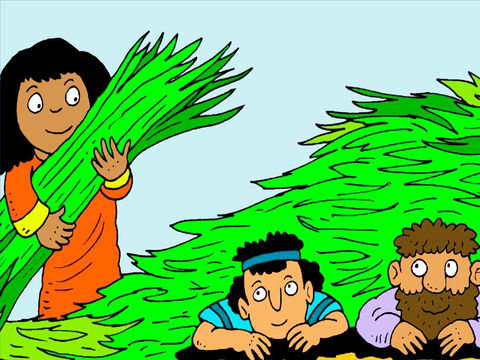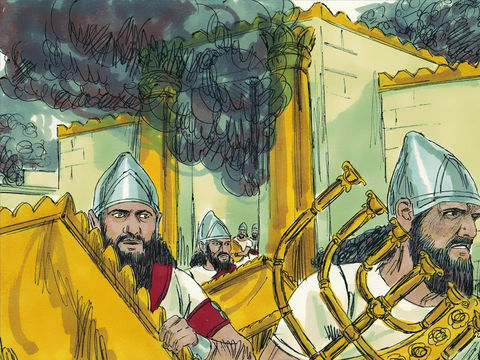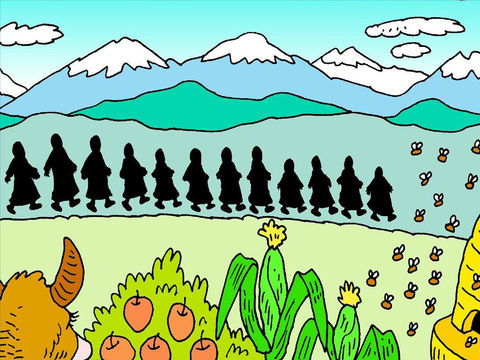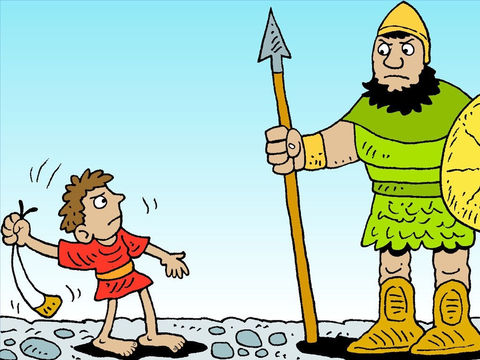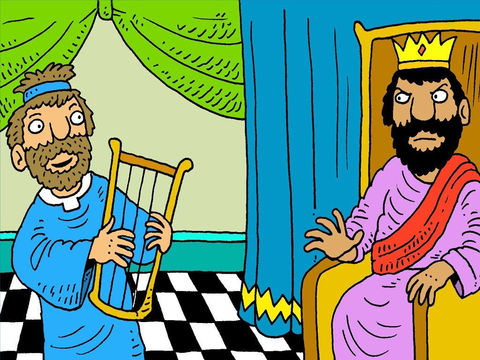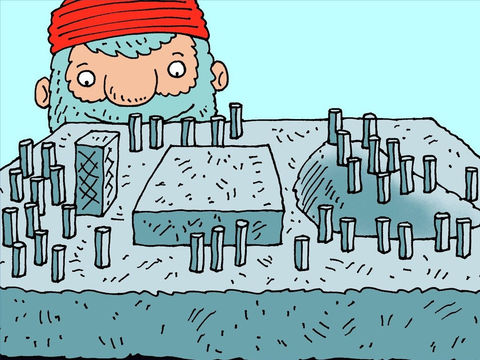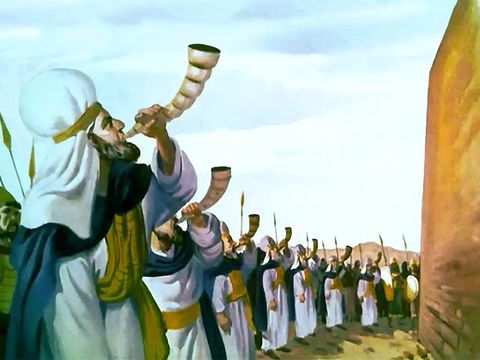Children’s Bible Program – Level 3: Lesson 48 “Jeremiah”
Featured Passage: Jeremiah 1, 34-38
King Josiah had worked hard to get Judah back on track to serve and worship the Eternal, but God knew that soon the people would be right back into their old ways of worshiping idols and practicing evil. He needed to send another messenger to warn the people that if they didn’t fully turn to Him they would soon go into captivity like the Kingdom of Israel did. God had picked out a particular young lad named Jeremiah. One day, God came to tell Jeremiah of the plans He had for his life. At first, Jeremiah was nervous and felt like he was too young for the job, but God assured him that He would help him – and He certainly did!
Discuss:
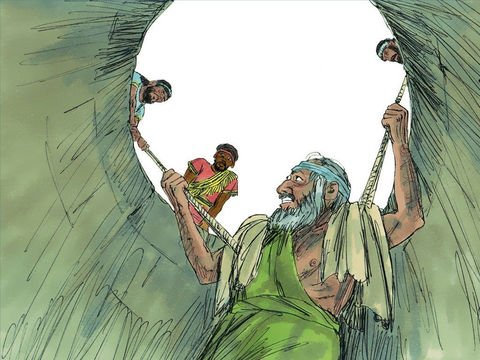
- What was Jeremiah’s biggest concern about being a prophet? What was God’s answer to Jeremiah’s concerns?
- Josiah and Jeremiah were both very young men when they began to serve God. What kinds of lessons can we learn from their examples?
- Which of God’s commands did King Zedekiah disobey when he made a covenant with the people in Jerusalem? Why was God angry with Zedekiah?
- What did the princes do to Jeremiah for warning the people that Jerusalem would be captured (Jeremiah 38)? Who rescued him?
- What compassionate act did Ebed-Melech do when he went to pull Jeremiah out of the pit? What can we learn from the story of Ebed-Melech?
- Where was Jeremiah when the city of Jerusalem was captured?
Memory Challenge:
Jeremiah 1:7-8
But the Lord said to me: “Do not say, ‘I am a youth,’ for you shall go to all to whom I send you, and whatever I command you, you will speak. Do not be afraid of their faces, For I am with you to deliver you,” says the Lord.

